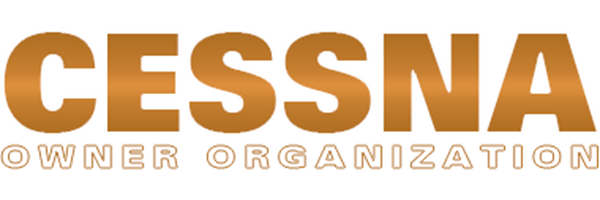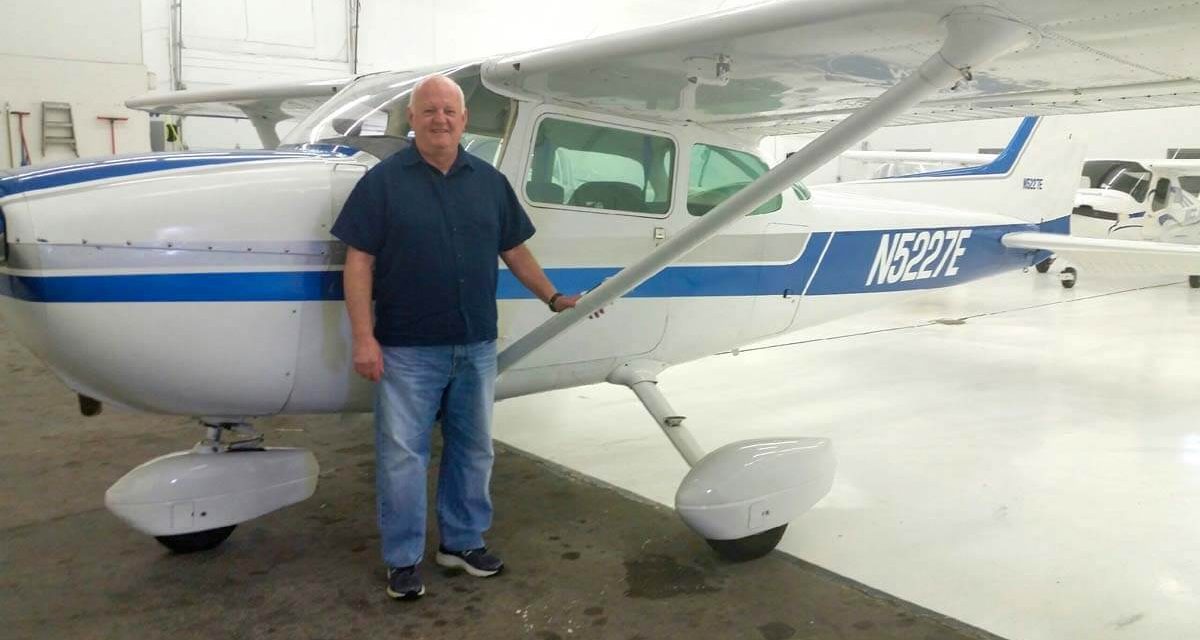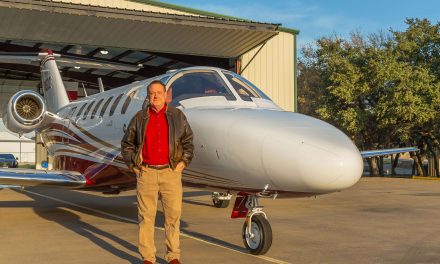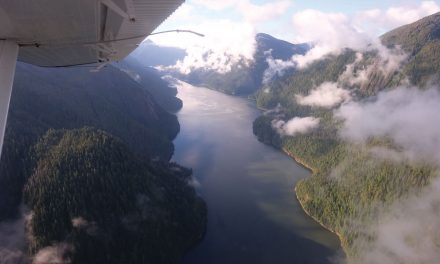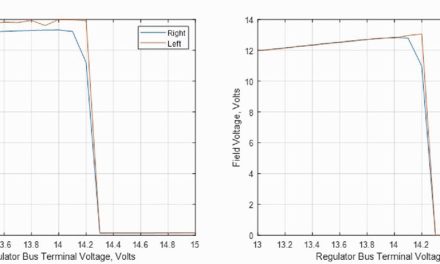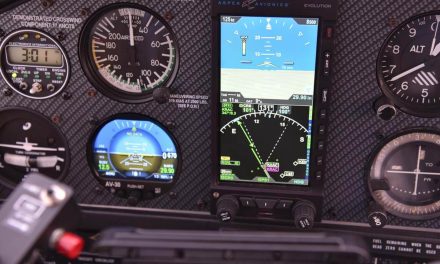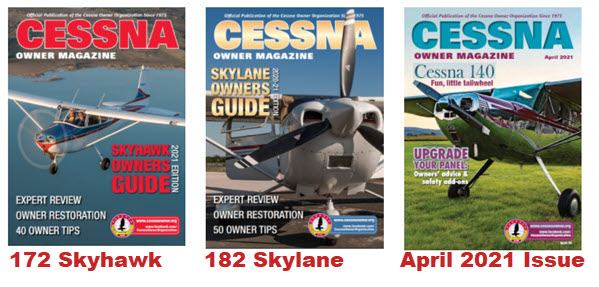By Richard Sherrill
First of all, buying a used airplane isn’t like buying a car. Nowadays, once you’ve decided what car you want, you can be in and out of the dealership in a couple of hours and that includes financing. Well, unless you get that salesman — you know who I’m talking about, the guy who keeps running back and forth to his manager. To a much lesser degree, buying a plane is really more like buying a house: lots of paperwork, logistics, inspections, etc. At times I felt like I needed to be part mechanic, lawyer, loan officer, and logistics coordinator. I thought I was doing this to fly.
Up front, please know I am not an aviation expert on anything. There are plenty of expert resources (Cessna Owner Organization, AOPA, etc.) that will help you with the necessary steps of buying a plane: prebuy inspection, title, insurance, state tax (What’s state tax? Oh yeah, better save up some more for that one), etc. If you’re serious about buying a plane, you need to read and understand those steps.
I’m a private pilot with a couple hundred hours who went through the process of buying an airplane and hopefully this article will help you in ways you haven’t read or thought about before.
At the beginning of this journey, just the thought of owning an airplane seemed to be something other people did, certainly not me. I had an instructor who told me being a pilot is one thing, buying a plane is another, and owning a plane is still another. True words. Having a pilot certificate does not prepare you to buy an airplane.
While there are certain risks and challenges involved, if you want to buy a used airplane, it’s very doable. This first point, though, is going to take some faith on your part.
More prebuy tips: Click here for 5 Keys to Cessna Prebuy Inspection Success
Take it just one step at a time
This is just one person’s experience on buying an airplane, which I did in May of 2019. I started getting serious the previous October. And, to be clear, I’m just a regular guy with a regular job making regular money. I’m not someone with money who can just go buy a new airplane or even an expensive used one.
One of the first steps in buying an airplane is money. The plane I bought, a 1979 Cessna 172N, new would cost around $400,000-plus. I paid $65,000 for mine. It had less than 3,000 hours and approximately 1,100 hours on the engine.
Don’t get me wrong, you’re going to have to lay out some money even for used, but we all know people who have spent that much and more on a nice car.
This is not an article on how to get your money together, but my key to finances was to get to the place where I owed little to no money, particularly on credit cards. I drive a 2008 Honda CRV that’s been paid off for a long time. I’d rather have a 2008 Honda and a used 172 than a nice car and no 172. It’s all about the choices we make.
Contribute your prebuy tips. Help other pilots. Click here.
I put 20% down and financed it for 15 years, which brought the payments to $447 a month. I called AOPA and they got me pointed in the right direction as to financing.
I had asked my credit union if they financed airplanes and the woman I asked gave me a blank stare. So, you’ll need to work with a loan company that speaks airplane.
Another early step is to ask yourself, “Where are you in life?” You might be interested to know that I’m 70 years old and while I still work and am active, I did ask myself several times, “Are you sure you want to buy a plane at this stage of the game?”
Someday I’ll retire, which will mean less money coming in. How do I feel about that? Do the retirement financial numbers line up for a purchase such as this? How about the anticipated repair costs? Have I accurately calculated that? In retirement will I even have enough money to buy a pizza and go to a movie? And how long can someone fly? The loan on the plane is 15 years. Heck, I may be drooling on myself in a “home” by then. But I’ve seen pictures of and articles about guys flying into their 80s. Maybe I’ll have to sell the plane before it’s even paid off. Lots of questions and concerns.
I think I’m fairly honest with myself and thoughtfully considered those questions, but the thought that lingered in my head was this: I don’t want to be sitting in a rocking chair later on in life (the drooling stage) kicking myself for not having done what I really want to do — having my own plane and flying it for as long as possible.
I want my grandkids to have memories of me taking them flying. My dad was a 500-hour VFR pilot. I’d like to honor him for sparking that interest in me.
Those thoughts are what really drove my decision. Even the thought of knowing I own a plane that’s sitting at the airport and I can go out there anytime and just look at it, clean it, or whatever was worth it. I can be frustrated about something and then let my mind wander over to N5227E and my blood pressure immediately goes down. Instant vacation.
Other minor items that drove my decision were having to schedule a rental. Where I rent (GT Aviation at Potomic Airfield (KFKX)) there are several planes to rent, but unless you schedule well in advance, all the rentals are taken up, especially on the weekends. There’s nothing wrong with that system and GT Aviation is terrific, but I wanted to have more flexibility.
The other minor (maybe not so minor) item is I want to know the plane I’m flying: the feel of the rudders, the sound of the engine, the needle variations from the instruments, etc. We drive our cars so much and I don’t think we realize how much sensory information is coming into our heads; i.e., the engine didn’t crank like I’m used to hearing and feeling, the tires feel a little squishy, I’m losing oil faster than I’m used to, etc. I wanted to know one plane that well. Having my own plane forces me, to a certain degree, to know more of the mechanics of the plane than simply renting does. I know some will criticize me for that statement, but let’s be honest, when you rent, even though you perform a detailed preflight, you are depending on the flight school A&P to “take care” of those mechanical items that you don’t really understand. Every time I get in N5227E I feel the responsibility of knowing that plane’s mechanics. I’m nowhere near knowing it all, but day by day, flight by flight, I’m learning. And that’s where I want to be.
Many of us don’t have to know the mechanics of our cars, but that’s a different circumstance. If your car breaks down, you simply pull over to the side of the road and call a repair shop. I don’t recall that chapter from when I was studying for my pilot certificate.
There are many steps involved in the buying process. If you look at all of them at once it may deter you from starting your walk down this road. And, honestly, you won’t be able to look at all of them because starting out you don’t know all the steps. But trust me, take it one step at a time and you’ll get there.
One of the early steps, for me, was just getting my head wrapped around owning an airplane. You’re buying an airplane? An airplane? Who do you think you are?
Once you get used to having that discussion with yourself, try it out on some of your flying buddies, especially ones who own a plane. If you get past this phase, you are well on your way. If you don’t have a headache yet from being inside my head, read on.
More prebuy tips: Click here for 5 Keys to Cessna Prebuy Inspection Success
What’s your mission?
You’ve heard that phrase before. You’ve heard that’s an important question. It’s undoubtedly the most important step in buying an airplane. Consider this: Imagine you’ve got your plane and it’s sitting out at the airport. What are you going to do with it? “Fly it,” is your response. That’s not a good enough answer. Let’s go deeper.
If you haven’t thought through that answer and you pick out just any plane in your budget, then you just shot yourself in the foot — no, make that your head.
This isn’t some business school process step. This is important and real. The primary reason you have to answer this question is to figure out what plane will match what you’re really going to do with it. Let’s break it down.
Are you traveling hundreds of miles regularly? Hamburger runs only? Carrying several people most of the time? Some of the time? How often? Water landings? Sightseeing or photography? Will high wing or low wing be better for that? Do you want to get an IFR rating in this plane? How many hours a year do you expect to fly? “Oh, when I get my own plane, I’ll be out there every day flying it.” Really? You think so? Your habits are going to change just like that? This list goes on and on.
If you’re carrying more than a passenger or two only occasionally, consider buying a smaller plane and renting those times when you need a larger plane. I bet your dream of carrying your three buddies to that out of town football game or fishing or hunting trip may be just a one-time or annual deal. If so, rent a larger plane for that trip and buy a smaller plane. Maybe you’re going to buy a six-place plane and most of the time it’s just you and one passenger? Does that make sense?
Contribute your prebuy tips. Help other pilots. Click here.
The other half of this article can be seen only by paid members who are logged in.Have a website login already? Log in and start reading now.
Never created a website login before? Find your Customer Number (it’s on your mailing label) and register here.
Still have questions? Contact us here.
